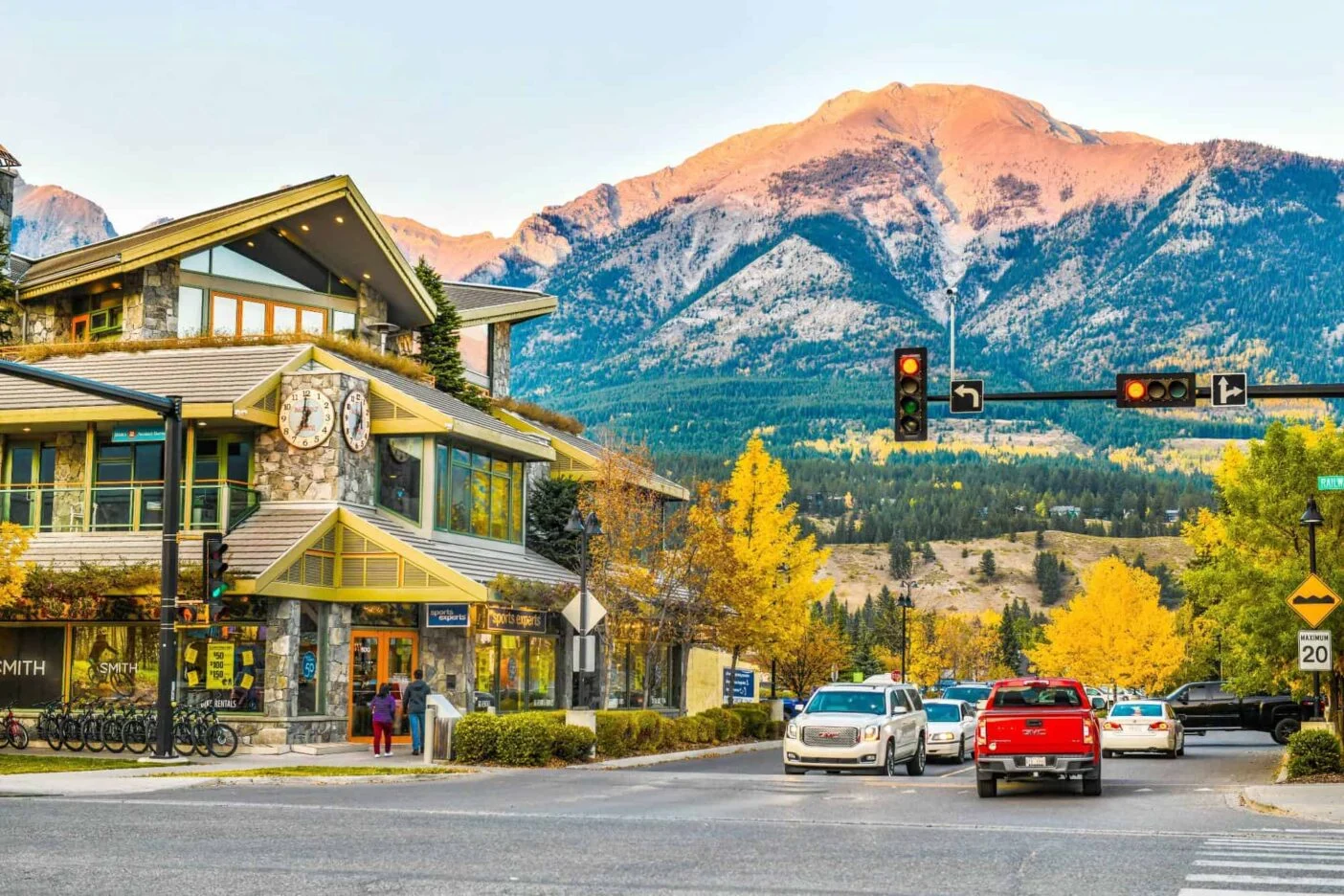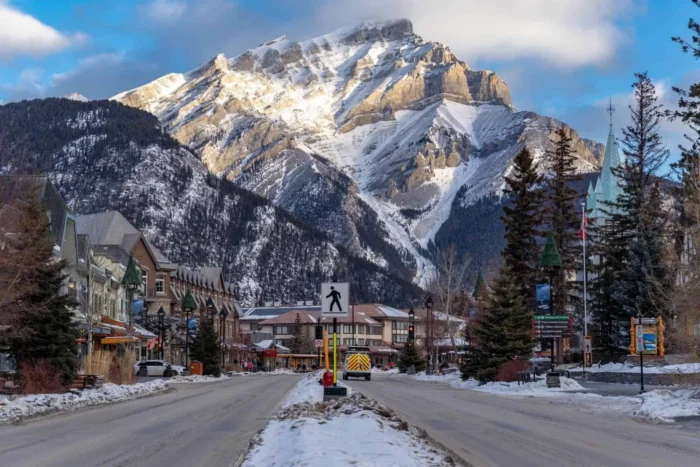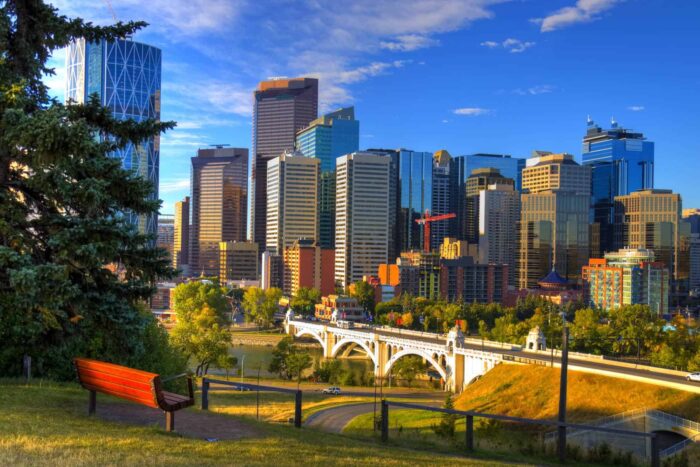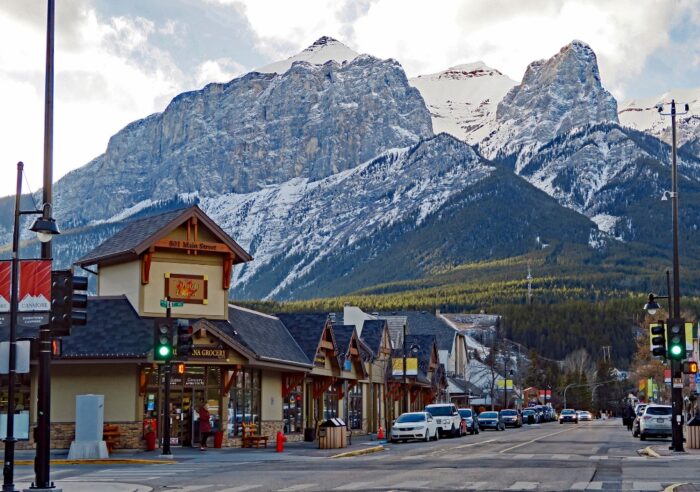
Our environment impacts our way of life significantly. It influences our decisions, cost of living, level of education, social lifestyle, and so on. Hence, it is important to carefully and extensively research your next living place before moving.
Alberta, a province in Canada, is located on the western side. It features a landscape with mountains, prairies, coniferous forests, and, intriguingly, over 600 lakes. It is the fourth largest province in Canada in terms of population, with a rich mix of diverse cultures and communities.
Also, this province is a great place for your older loved ones to spend their retirement years. Visit this page for a review of the best places to live in Alberta.
What Makes Alberta Special?

If you are coming from a noisy, hustle-and-bustle environment, moving to and living in Alberta would be a huge change for you.
Alberta is a beautiful place with calm and relaxing scenes. It is endowed with nature’s beauty, featuring great plains on the east and rocky mountains on the west. It also holds an interesting historical background of Dinosaurs, water bodies, and first settlers.
Alberta is one of the richest provinces in Canada. It is known for its abundance of oil and gas, making it a census metropolitan area. It provides 70% of the petroleum exploited in Canada. Besides the oil and gas, hydrocarbon, and petrochemical industries, Alberta also thrives on agriculture and livestock.
The presence of a beautiful environment and these natural resources makes Alberta the 4th populous Canadian province with about 4,262,635 people. Half of the population of Alberta lives in either Edmonton – the province capital or Calgary – its largest city.
Alberta is an excellent place to settle if you are looking to avoid the hustle and bustle of bigger cities. With the abundance of nature, untainted by man and his activities, you can breathe in the freshness of a clean atmosphere every day. Also, the presence of natural resources and industries provides lots of employment opportunities.
What To Take Into Consideration Before Moving To Alberta

You should make necessary inquiries before moving from any place to your marked destination. Get informed about the place’s way of life, opportunities, security, education, social amenities, tax policies, federal laws, and so on. This is to ensure you’re aware of every essential information about the area.
Arming yourself with information will also help you to know if where you are headed is a good match for you and your family. Let’s look at some crucial factors you should consider before moving to Alberta.
1. Cost Of Living
Alberta is one of the provinces with a reasonable cost of living. Families in Alberta have a high average income of $91,500, which is more than the $72,500 national average income. Note that this number applies after tax deductions, so you get enough money to pay your bills and save up after paying taxes.
Furthermore, Alberta has the lowest rent rates in the country. The average cost of a one-bedroom apartment is $873 in Edmonton and $976 in Calgary, as compared to $2,230 and $2,100 in Toronto and Vancouver, respectively.
Coupled with the high average income, Alberta offers some other advantages, such as no provincial tax and an income tax rate of 10% for people earning up to $128,145. For people earning higher – between $153,773 and $205,031 – the tax rate is 13%.
That being said, note that it would be more profitable for lower-income and minimum wage earners to live in other provinces like Ontario and British Columbia. In these places, people earning a little over $40,000 pay a tax rate of 5% – a very good rate compared to Alberta’s 10%.
2. Education

If you are considering starting a family in Alberta, you are probably concerned about the school system. Alberta has a good educational system that provides free and compulsory schooling for children from kindergarten to the 12th grade.
This shows Alberta considers primary education very important for children between the ages of 6 – 16. So, it’s safe to assume that every person born and raised in Alberta has a primary education.
Additionally, this province has 26 colleges and universities that make up tertiary education with subsidized tuition fees that vary in different cities. It also has technical training programs in polytechnic institutes which offer certificates, applied degrees, apprenticeships, diplomas, and continuing education programs with technical work and trade.
Such institutes include the Northern Alberta Institute of Technology (NAIT). These polytechnics institutions are excellent choices for tertiary education.
3. Basic Amenities
If you decide to live in Alberta, you’ll enjoy perks like easy access to social amenities such as free education and healthcare.
The healthcare system in Alberta offers full healthcare insurance coverage for psychiatrist visits, oral surgery, physician services, diagnostic services, bariatric surgery, nursing services, transgender surgery, hospital stays, and so on. You also have access to partial coverage on some dental and optical services.
With about 1,900 – 2,300 hours of sunshine annually, life in Alberta promises to be bright and sunny. This feature, in addition to the many recreational parks in Alberta, encourages an outdoor lifestyle where you can embrace nature in all its glory.
4. Security

Alberta has a crime rate higher than the country’s average. Crime issues are more rampant in rural areas where the response time of first responders is slow.
The good news is that the government has put stringent measures in place to curb criminal activities and ensure you enjoy quality Alberta living.
Endnote
Alberta is a beautiful province with many benefits for its residents, including access to free basic amenities, a standard education system, a low cost of living, and a land rich in natural resources. But it has a few downsides as well.
So before deciding to live in Alberta, consider the factors highlighted in this piece and ask relevant questions to ensure you make the right choice.








